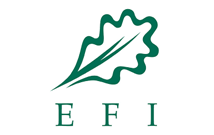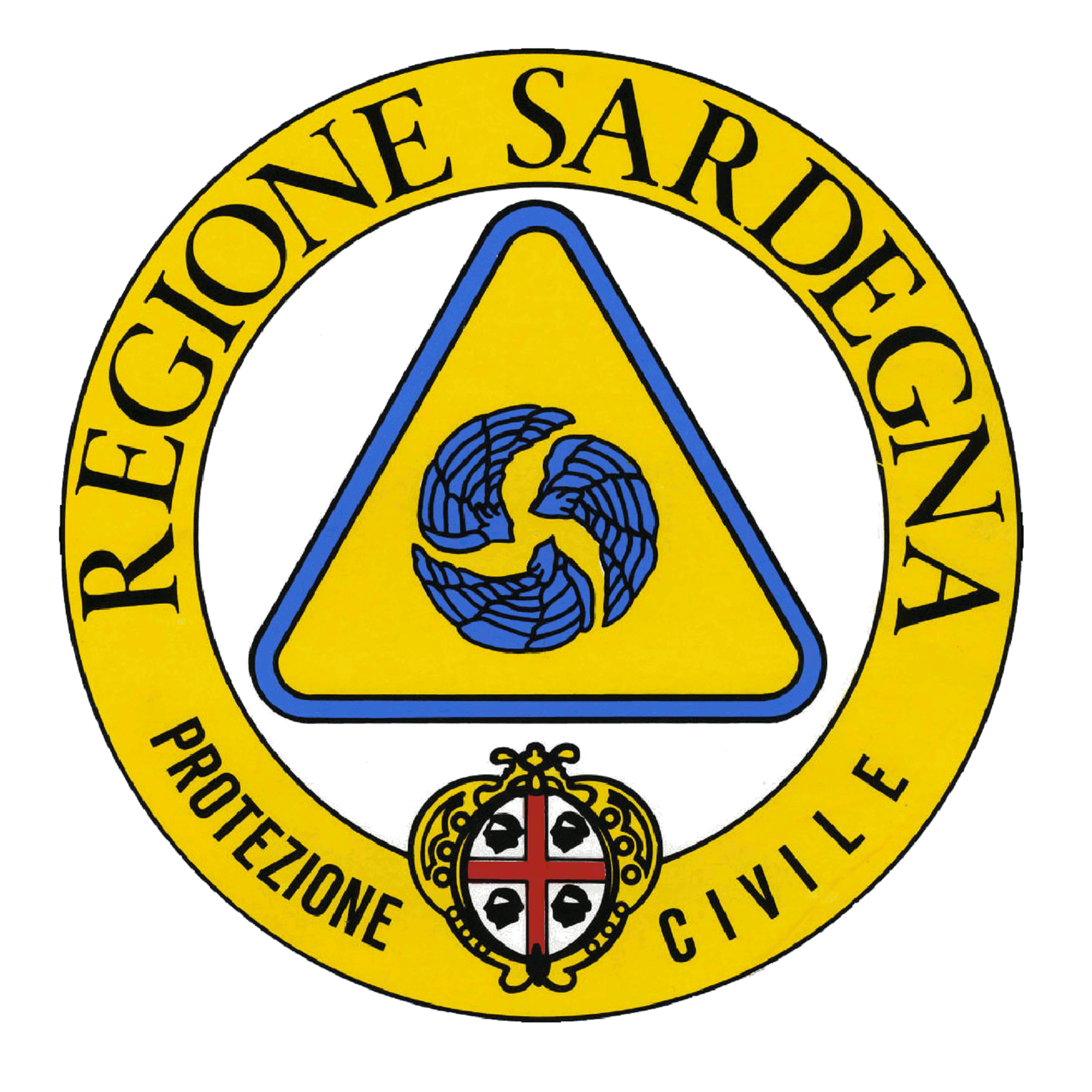Coordinator
The Forest Sciences and Technology Centre of Catalonia (CTFC) is a public consortium aiming to contribute to the modernisation and competitiveness of the forestry sector, to the rural development and to the sustainable management of natural resources, through research, training, and technology and knowledge transfer to the society. Its activities are organized into three interlinked working themes: (i) Agroforestry ecosystems dynamics (climate and land use change, ecosystem services, nutrient cycles, hydrology, landscape ecology, etc.); (ii) Multifunctional management of the natural environmental (wood and biomass, sustainable forest management, GIS and remote sensing, wild fires, etc.); and (iii) Governance and socio-economics in the rural world (forest economy, sociology, policy and planning, and rural development).
Beneficiaries
European Forest Institute (EFI) is an international organization established by European States. EFI conducts research and provides policy support on issues related to forests. Its main research areas are (i) Sustainability and Climate Change and (ii) Forest for Society. EFI puts an increasing emphasis on cross-sectoral approaches in its research and development activities. Through its Regional Offices, EFI has developed platforms allowing to benefit from knowledge and know-how across Europe. It is thus in a good position to have an efficient access to social, economic and environmental expertise covering all European bio-geographical regions. The work in the field of policy support includes enhanced support for decision takers and policy makers.
The Forest Research Institute (FVA) is a research institution attached to the Ministry of Rural Affairs and ConsumerProtection of Baden-Württemberg and organizationally closely connected with the State Forest Service, ForstBW. According to the mission outlined in the State Forest Act (§ 76 LWaldG), the FVA examines the relationships between forest and environment and develops efficient ways for forestry and the timber industry to protect the commercial as well as the ecological and recreational functions of the forest. The research priorities of the FVA are formulated in the strategic plan for the period 2014-2018, as (i) Climate Change research, (ii) forest nature conservation, and (iii) measurement and evaluation of sustainability.
Pau Costa Foundation (PCF) is advocating a profound change in the social perception of landscape fire, divulgating the knowledge of fire ecology, facilitating fire management at landscape level bridging the gab between research, practitioners and society. It also aims to serves as information coordination platform and contact point to exchange and transfer knowledge in the field of fire ecology research and operational fire management. The objectives are the research in the field of forest fire ecology, the creation of knowledge, tools and techniques for the management of forest fires, and the dissemination of this knowledge to the technical world through training and dissemination instruments.
The Civil protection General Directorate of Regione Sardegna (DGPC RAS), Italy has been established in 2009 according to the prevision of Regional Law no. 3 7 august 2009. The Directorate perform the functions of planning, coordination and implementation of prevention and emergency measures at regional level, and is responsible for defining regional risk forecast and prevention programs. In particular, DGPC has an indeepht experience in forest fire, hydrologic and hydraulic risk prevention and planning: regarding these natural hazard.
The CEREN is the Test and Research Center of the ENTENTE and mostly deals with applied research matters useful for civil protection purposes. Dedicated to evaluation and experimentation, CEREN covers the broad spectrum of research on forest fires and their consequences on personnel, equipment and the environment. With this aim, CEREN also collaborates with many researchers, industrial companies, administrations and users at national and international levels.







